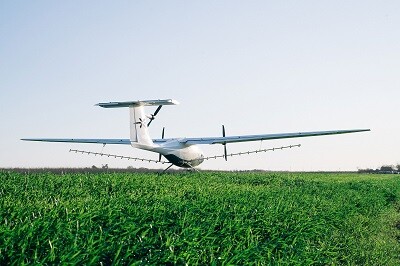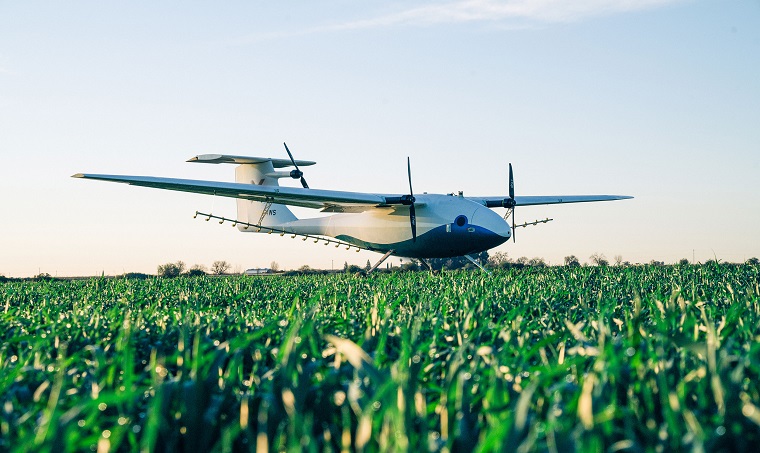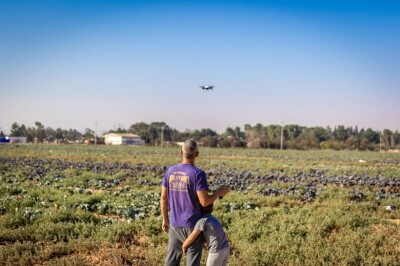The FAA has granted Pyka approval to fly its 1,125 lb., zero emission Pelican Spray drone for commercial operations focused on crop protection. The uncrewed
“This is a really big deal for farmers, but it’s also a big deal for the community and the drone industry as a whole,” Pyka Co-Founder and Chief Executive Officer Michael Norcia told Commercial UAV News. With this FAA approval, the Oakland, California-based company
 Commenting on the approval, Lisa Ellman, Partner and Chair of Hogan Lovells’ Uncrewed Aircraft System Practice and leading policy advocate for the commercial UAS industry, said, “There are many use cases that require the use of larger, heavier vehicles. Because this vehicle is the largest that has ever been approved, this is a big step forward for the
Commenting on the approval, Lisa Ellman, Partner and Chair of Hogan Lovells’ Uncrewed Aircraft System Practice and leading policy advocate for the commercial UAS industry, said, “There are many use cases that require the use of larger, heavier vehicles. Because this vehicle is the largest that has ever been approved, this is a big step forward for the
Norcia stated that the Pelican Spray is “the only large UAS that actually looks like an airplane to ever receive one of these approvals.” Many large UAS
“The physics of the aircraft are significantly
Norcia said that the drone has demonstrated its ability to increase safety, efficiency, and cost-savings thr
The Pelican Spray’s Central and South American flights have repeatedly demonstrated the value of the aircraft in farming applications. “The Pelican can carry up to 540 lbs. (70 gallons) of liquid and spray up to 240 acres per hour, or about half the productivity of large single engine turboprop aircraft, which is what most people in the region use,” Norcia explained. “However, our aircraft can operate at night, which significantly increases the operating window.”
On a daily basis, he stated, “a conventional aircraft might only have three hours of viable spraying time during the day before the wind picks up or before temperatures climb to the point where it's no longer safe or suitable to spray. By extending the window of operation into the evening hours, you can literally double or triple the viable spray window with the Pelican.”
The proven effectiveness of the Pelican Spray for agricultural work, along with safety and reliability data gathered from these Central and South American operations, formed the basis of Pyka’s application for FAA approval. Chuma Ogunwole, Pyka’s Co-Founder and Chief Operating Officer, explained that for the approval review, the FAA focused on proposed Pelican Spray operations and the risks associated with that work.
“We showed
“The approval process is rigorous for good reason,” stated Ogunwole. “We need to make sure these products are
Now with approval to fly commercial operations, Norcia reported that Pyka is looking to work with US agriculture firms involved in specialty crops. “The US market presents a huge opportunity,” he said, “but right now we're focused on customers that have spray work needs that may be easier missions to automate. So, for at least the next few years, we'll be focusing on specialty crops. Certainly, down the road, we’ll be looking to use the aircraft for operations on larger row crops















Comments